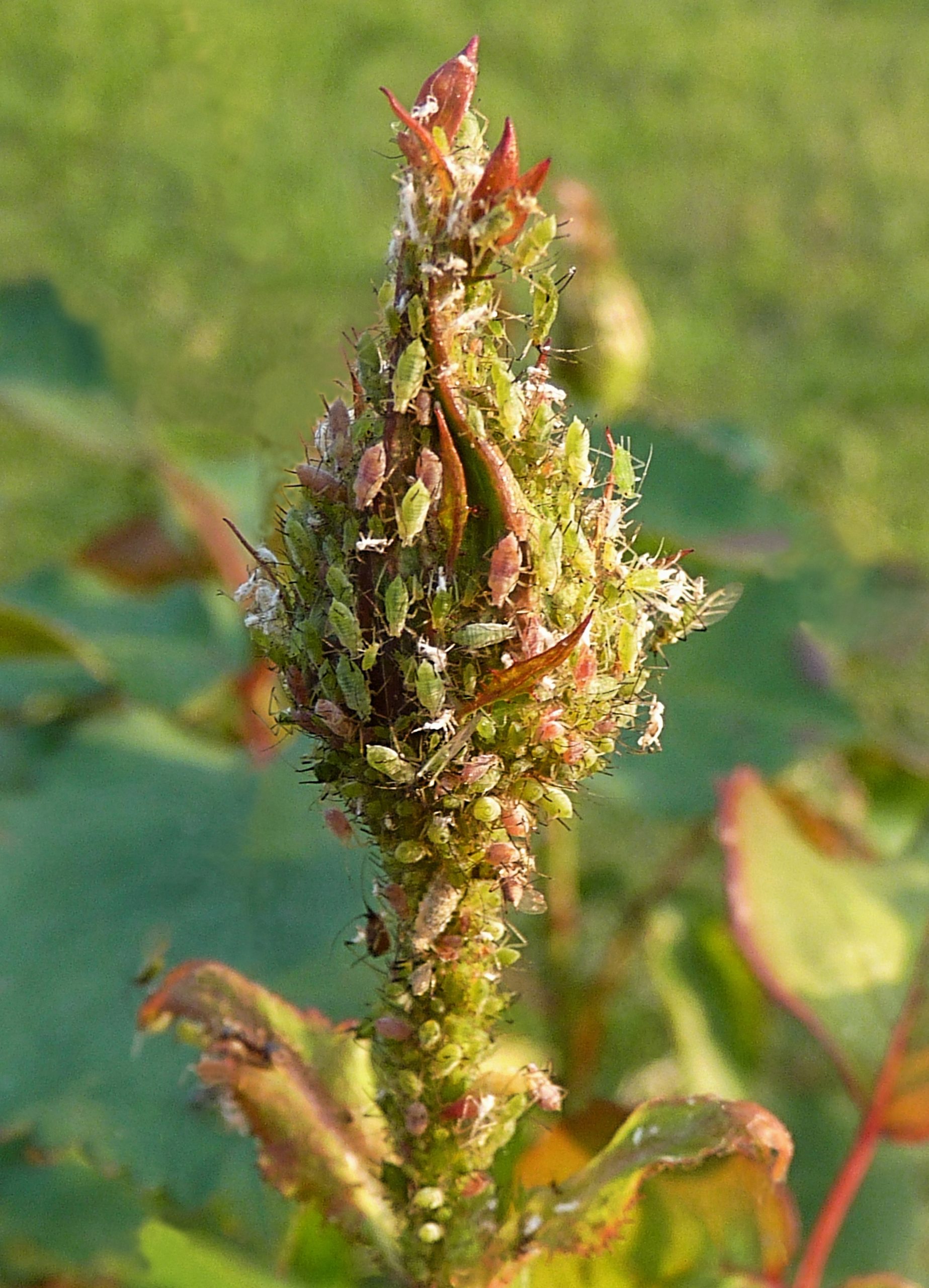Usually, when you have a problem, you look for a specific, effective solution. But in horticulture and farming, it is difficult to find permanent, comprehensive solutions.
If aphids appear on your strawberries, you ask: “how do I get rid of aphids on my strawberries?”. If comfrey grows in your potato field, the question arises: “how do I remove comfrey from the potato field?”. But a common experience is that even if it is possible to remove all weeds and pests, another weed or pest is just around the corner. This is frustrating for millions of farmers and gardeners.
“No-work” farmers
And yet many of us know someone who grows their crops with obvious ease. The phrase “spit, and something will grow out of it” is used referring to the soil these farmers work with. They weed their vegetable gardens, but not often. Some plant crops once, and don’t have to do anything except take a look at them occasionally until harvesting.
The question that arises for all of us is, what is the source of the success of these farmers? It is often useless to ask them, because they seem to attribute their successes to different things: to the local soil, to various techniques, or to their carefree approach. When you go home to apply their advice, there is clearly something missing: Aphids keep appearing, and comfrey keeps growing!
The harsh truth is that it is difficult to reproduce the garden of even your neighbor, let alone your aunt’s garden in Rostov-on-Don!
Integrating knowledge
Therefore, in order to manage a successful farm “without work”, we must understand the basic principles that govern such farms. Fortunately, they are known as the laws of nature, and the laws of nature are quite well understood by modern science. Unfortunately, modern science tends to divide these laws into fields of study, such as chemistry, ecology, agronomy, and the like. This is very useful for study, but makes it difficult to apply knowledge to complex systems. This is because the skill of integrating knowledge from different fields of study with anecdotal observations is becoming rare.
So, our task is to find out what natural laws apply to crops, pests and weeds, and then use those laws to make adjustments that mitigate the problem. The difficulty is that they are different in every landscape and in every climate. This means that any suggestion I make here will be successful for a few and unsuccessful for the majority.
How can you understand these things?
Only by integrating information.
What we do
At Turnip Innovation, we have a process of study and observation that we use to identify and solve these problems.
I want to help you discover the root causes of weed and pest problems on your land. To do this, I offer a questionnaire based on the process we use in Turnip Innovation.
To receive this questionnaire in word format, send me the word “TURNIP” in VK, Telegram or Whatsapp by number +7 977 854 21 91 or by e-mail to myron.platte@gmail.com
Image sources / Источники изображений
- Rosebud_and_aphids_J1: https://commons.wikimedia.org/wiki/File:Rosebud_and_aphids_J1.jpg | BY-SA 3.0 Unported

Leave a Reply